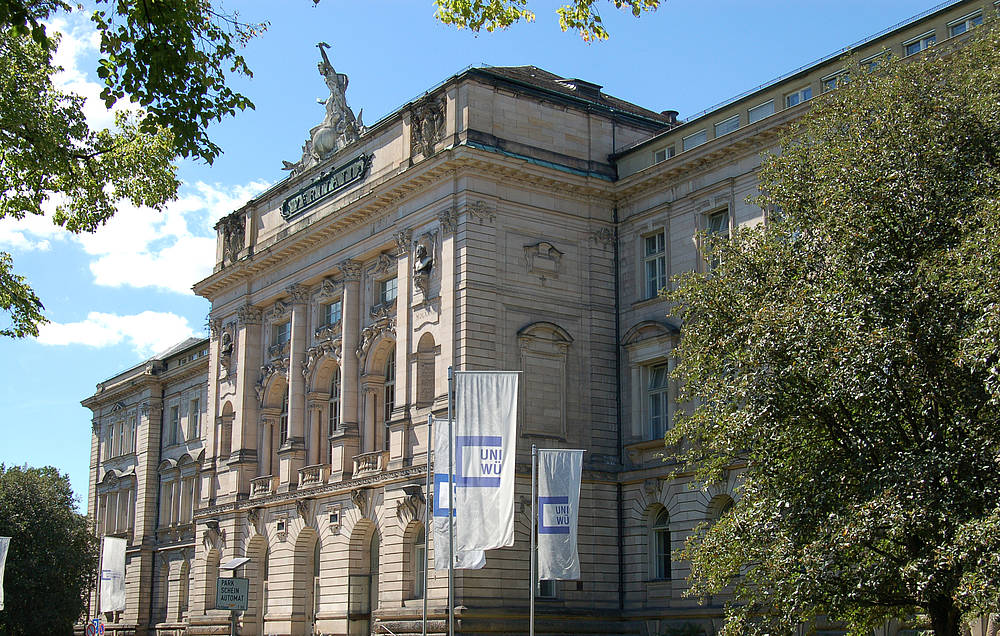
Würzburg Environment
We hope that you enjoy your stay in Würzburg and at the University!

Studying in Würzburg
Choosing to study in Würzburg offers a unique blend of rich academic tradition and vibrant cultural life. Nestled in the heart of Germany’s Franconia region, Würzburg is not only a scenic city with baroque and rococo architecture but also a hub of academic excellence.

Information for all foreign students
Studying in Würzburg provides a unique opportunity to grow academically and personally in a city that values education and cultural exchange. With its rich cultural heritage, and supportive academic environment, Würzburg is an ideal destination for international students.
Life in Würzburg
Würzburg offers a vibrant cultural and social life that is ideal for Ph.D. students looking to balance intensive research with a fulfilling personal life. Nestled in the heart of Germany’s Franconia region, Würzburg is a city rich in history and tradition, home to the UNESCO World Heritage Site, the Residenz. With a lively student population, the city is dotted with cozy cafes, traditional breweries, and student clubs that contribute to its youthful atmosphere. The Main River provides a picturesque setting for outdoor activities such as jogging, cycling, and leisurely picnics. Würzburg’s central location also allows for easy travel to major German cities and neighboring European countries, making it an excellent base for students seeking to explore further afield.


The University of Würzburg: A Hub of Interdisciplinary Research and Innovation
Cutting-edge Facilities at the Rudolf Virchow Center (RVZ)


A Tradition of Excellence in Cardiovascular Research
Cardiovascular research is a keystone of the scientific community at the University of Würzburg. This long-standing tradition is reflected in excellent patient care and the integration of multiple scientific disciplines. The University’s commitment is further demonstrated by its leadership in platelet research, notably through collaborative research centers like the previous CRC TR 240 which focused on the molecular and cellular functions of platelets in health and disease and the ongoing CRC 1525 Cardio-Immune Interfaces. The new Research Training Group 3048 will leverage these strengths, focusing on cutting-edge research in MK/platelet immune-regulatory adhesion receptors and their role in thrombo-inflammation.


